Kamala Harris had the first sitdown media interview of her campaign with CNN on Thursday, fulfilling a promise that she would do one by the end of the month.
In what is the first major chance for voters to hear the candidate unscripted, Harris tried to offer explanations for why her policy positions have evolved over time.
CNN Interview
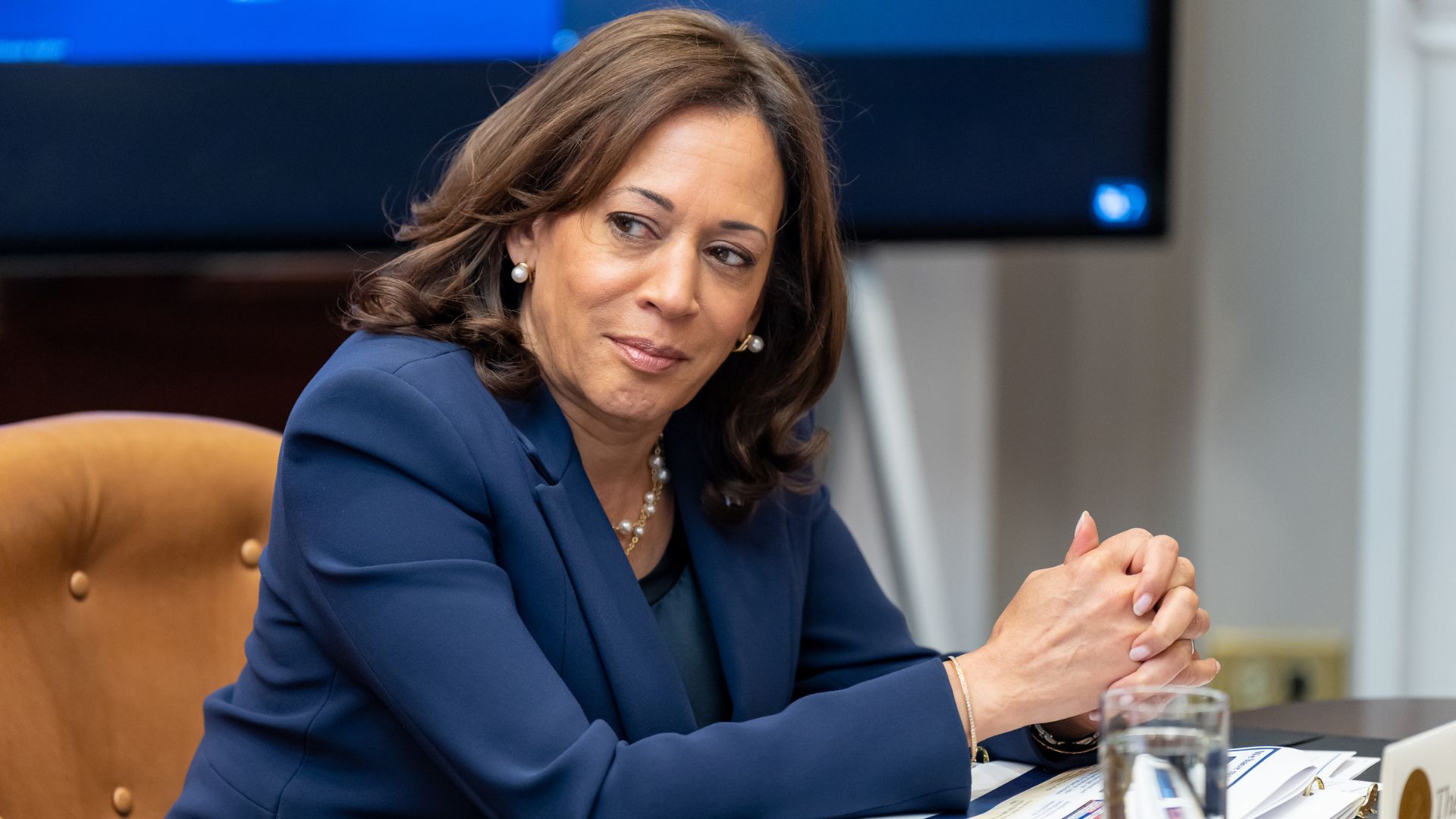
Vice President Harris sat down with CNN anchor Dana Bash in a highly anticipated interview.
In the approximately 40 days since she became the presumptive Democrat nominee, Harris made a conscious effort to largely avoid the media and unscripted conversations.
Day One Agenda
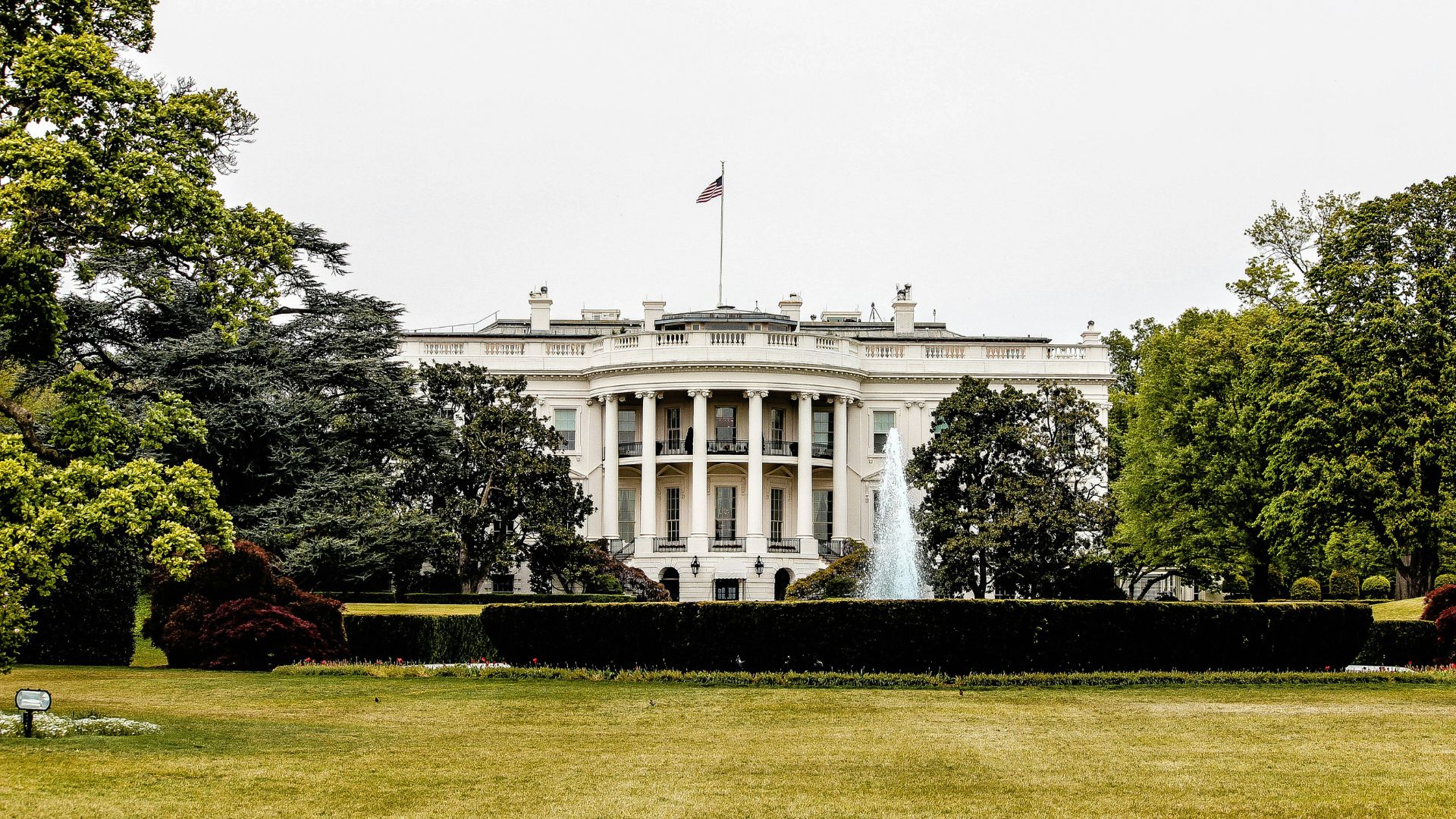
One area the interview focused on was figuring out the specifics of Harris’ day-one agenda if elected as president.
However, despite being asked twice about it, the candidate preferred to give general answers about supporting the American people while mentioning very few specifics.
Harris’ Response
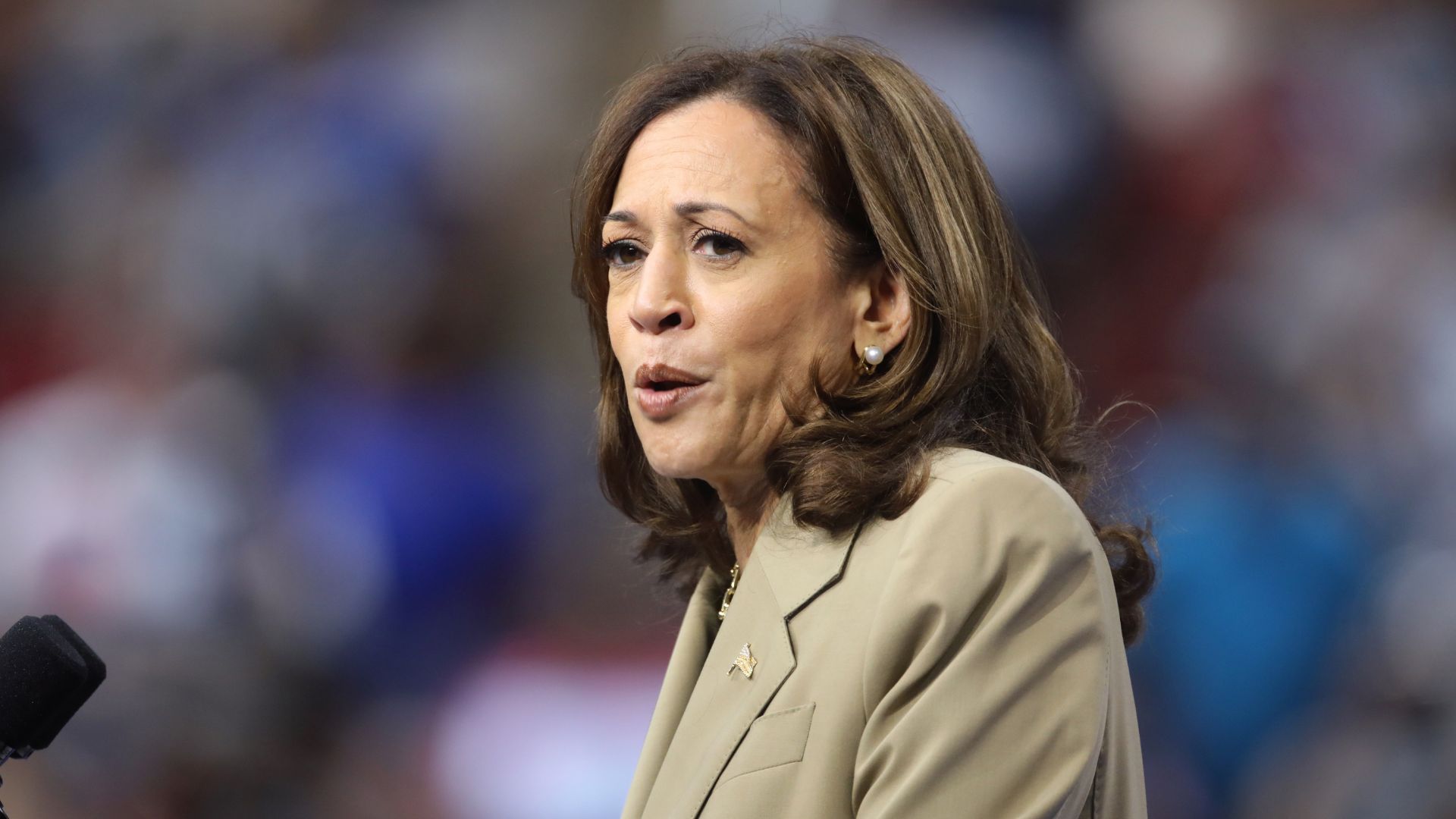
Bash asked Harris “The voters are really eager to hear what your plans are. If you are elected, what would you do on day one in the White House?”
“Well, there are a number of things. I will tell you first and foremost one of my highest priorities is to do what we can to support and strengthen the middle class. When I look at the aspirations, the goals, the ambitions of the American people, I think that people are ready for a new way forward in a way that generations of Americans have been fueled by — by hope and by optimism,” Harris said.
Pressed Again
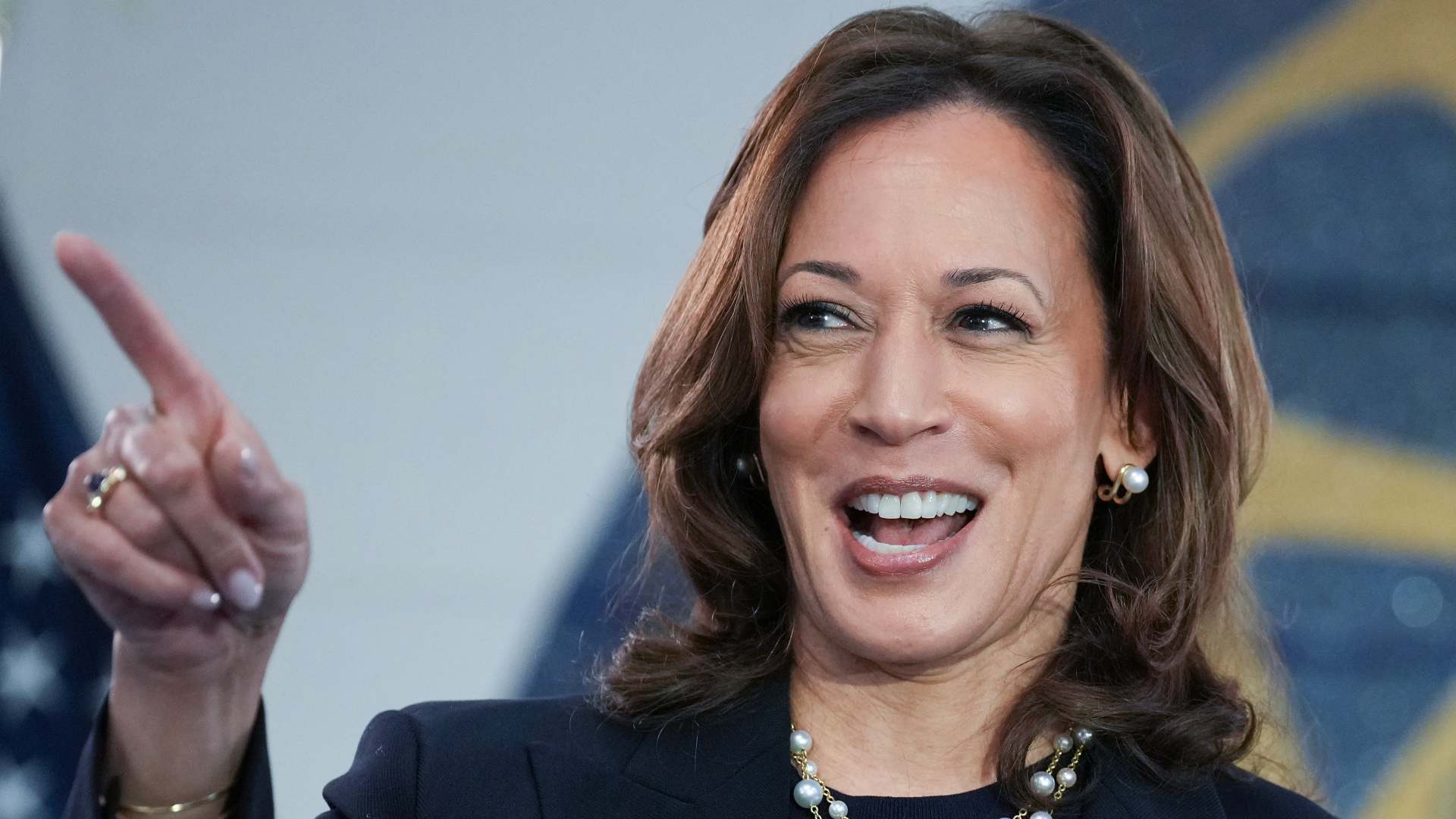
Bash didn’t let Harris avoid the question entirely, and pressed again for specifics by asking “So what would you do? Day one?”
Harris again responded without outlining a specific plan, saying there were a “number of things on day one.” However this time she did mention a policy proposal to extend the child tax credit to $6,000.
Flip Flops

In another part of the interview, Harris explained her position on fracking, which seems to have done a 180 since her last presidential campaign. Harris denied that her position was inconsistent or unclear.
“No, and I made that clear on the debate stage in 2020 that I would not ban fracking. As vice president, I did not ban fracking. As president, I will not ban fracking,” Harris said. “In 2020, I made very clear where I stand. We are in 2024, and I’ve not changed that position nor will I going forward. I kept my word and I will keep my word.”
Past Record
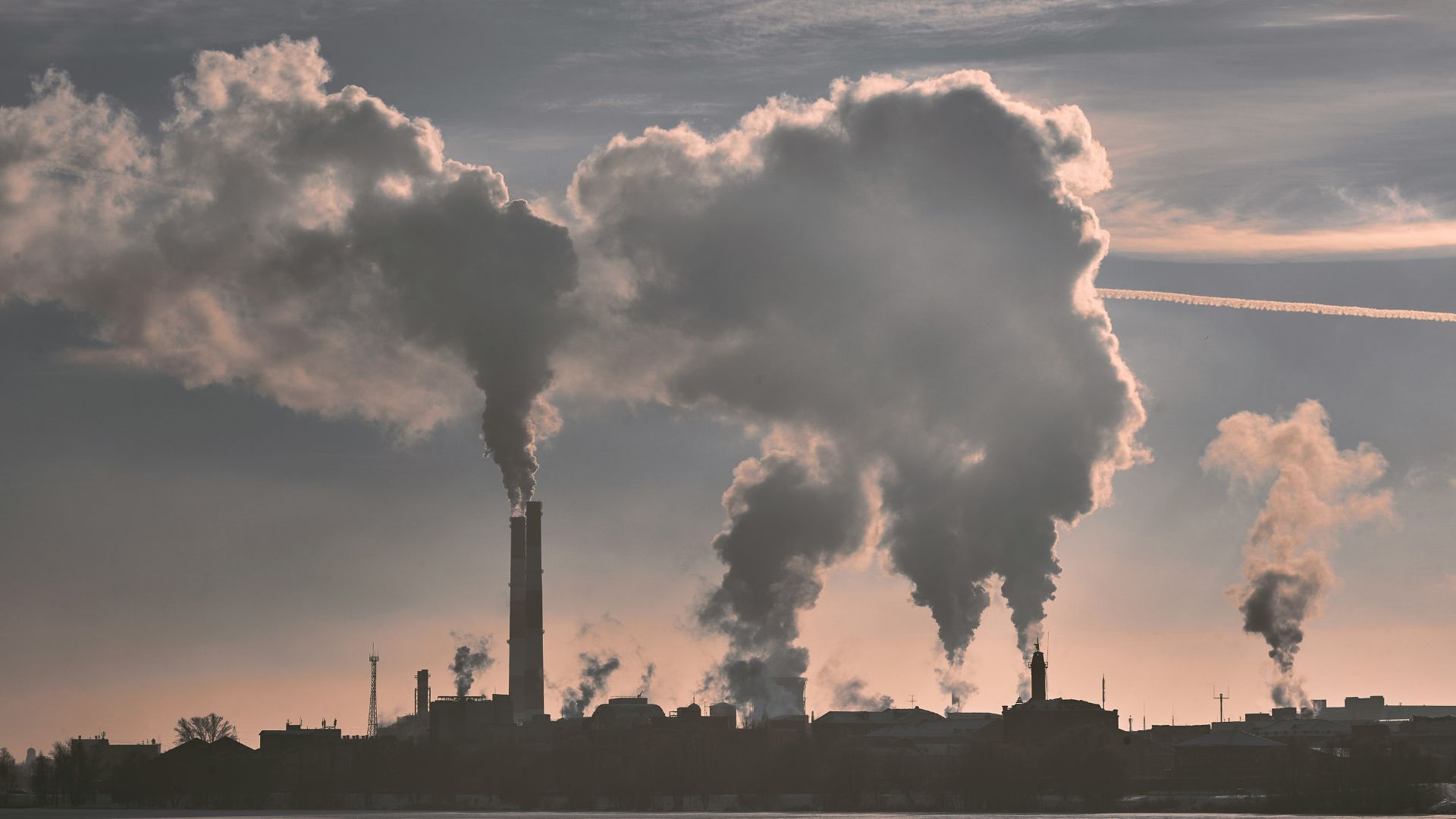
Despite Harris trying to make the case that she has had one consistent position on fracking, 2019 Kamala Harris differed.
During the presidential primary at a CNN town hall, Harris said there’s “no question I’m in favor of banning fracking.”
Explaining Her Values

In the interview, Harris attempted to head off criticism of her evolving policy positions by emphasizing that at her core, the values behind her prescriptions haven’t changed.
“I think the most important and most significant aspect of my policy perspective and decisions is my values have not changed,” Harris said.
Contrast With Energy Policy

Previously, Harris has been adamant about the importance of a green energy policy to fight global warming. In the interview, she made the case that fracking can still be part of that plan.
“We have set goals for the United States of America and by extension, the globe, around when we should meet certain standards for reduction of greenhouse gas emissions, as an example. That value has not changed,” Harris said. “What I have seen is that we can grow and we can increase a thriving clean energy economy without banning fracking.”
Harris on Immigration
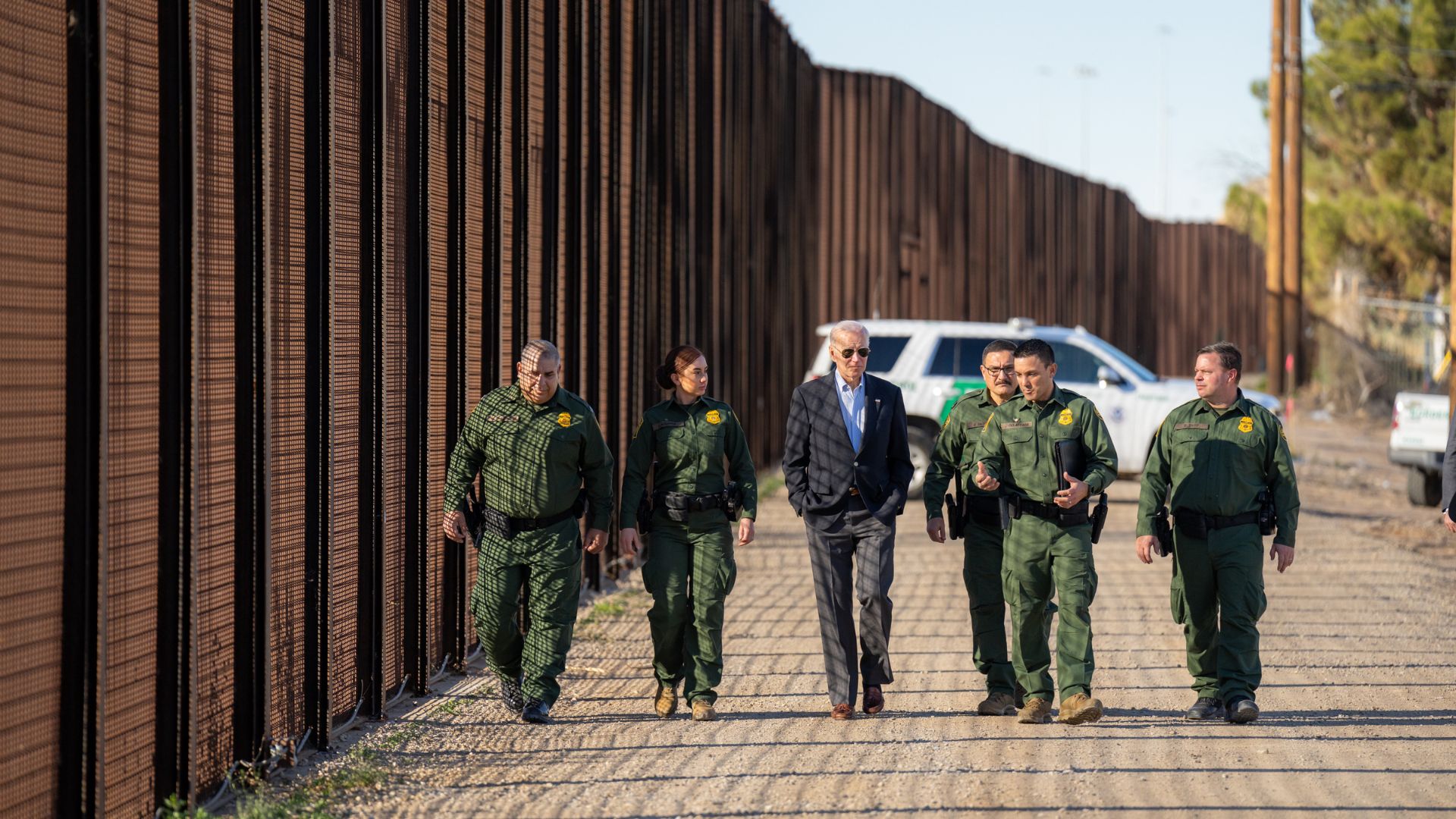
Another topic that Harris was pressed on was immigration, which she has also been criticized for having conflicting views.
In 2017, Harris tweeted that “An undocumented immigrant is not a criminal.” However, in recent times, Harris has shifted her tone to try to appear stricter on border concerns.
Tough on the Border

Harris in the interview pointed out her record prosecuting criminal gangs as California attorney general to emphasize that she has been tough on the border.
During the recent Democratic National Convention, Harris received criticism from progressives for what they saw as a pivot “hard to the right on immigration.”
Both Approaches
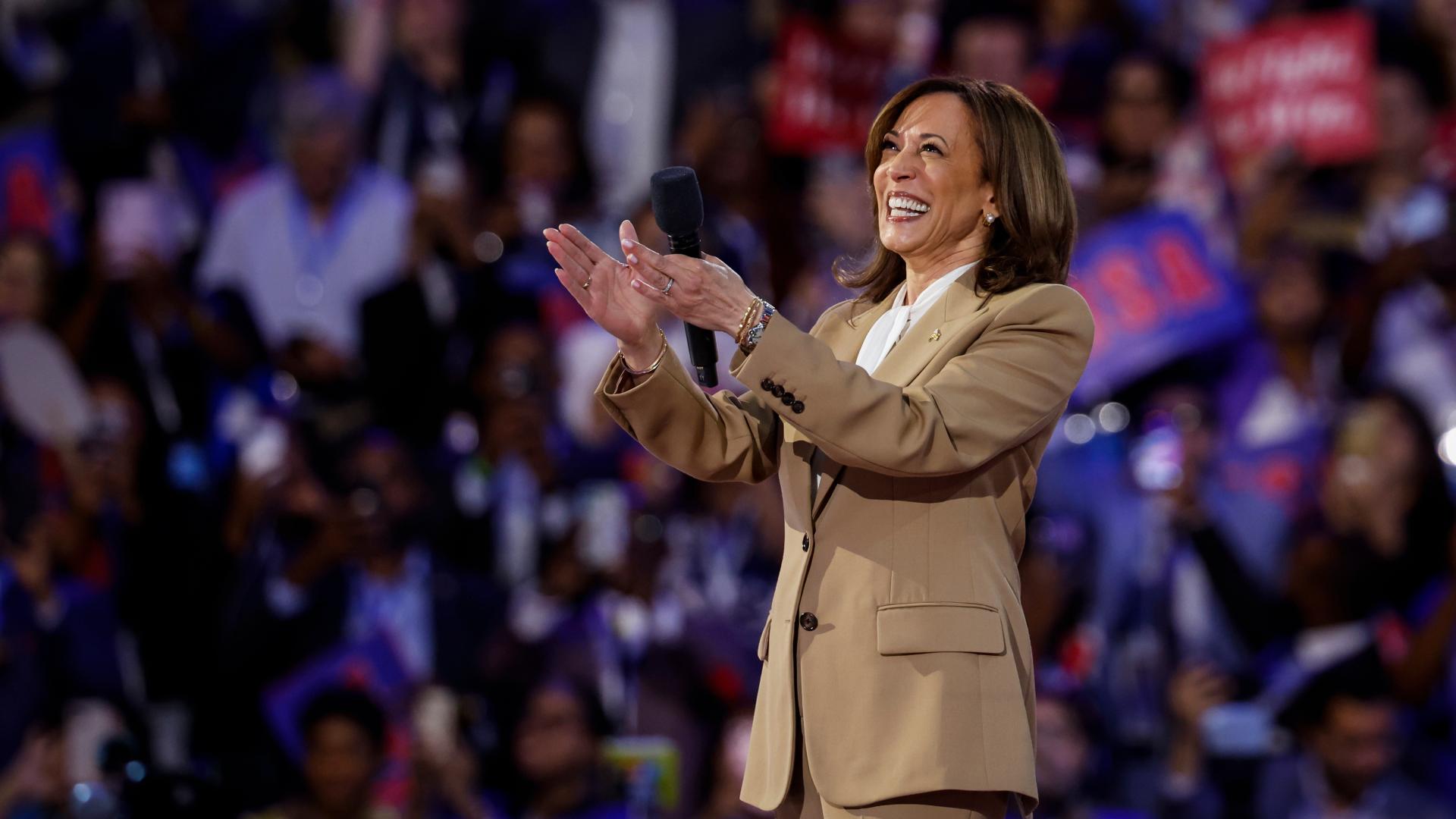
At the DNC, Harris attempted to hold both hard and soft positions at the same time, emphasizing a path to citizenship as a solution to undocumented immigrants.
“I know we can live up to our proud heritage as a nation of immigrants and reform our broken immigration system,” Harris said in her DNC speech. “We can create an earned pathway to citizenship — and secure our border.”
